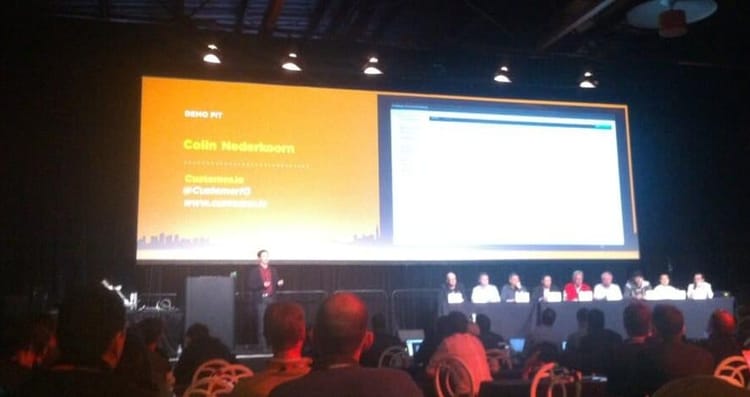Are you an "A" Player?

Talking about “A” Players has always bothered me. We don’t (yet) live in Huxley’s Brave New World where you’re assigned Alpha, Beta or Gamma at birth. However, companies can’t stop talking about building teams of “A” Players.
Is it all because of this well known Steve Jobs quote?:
A players hire A players, but B players hire C players and C players hire D players. It doesn’t take long to get to Z players. The trickle down effect causes bozo explosions in companies.
What makes an "A" player? Here is Steve Jobs is talking a little more about the importance of having great people in a team:
"C" player for life.
In Spanish there are two verbs for “to be”. There is “Ser” and “Estar”. The former is for things that don’t really change: I am American. She’s a brunette. The latter is about a current state of being: I’m sad. He is at the train station.
Maybe someone was a “B” player in a previous job. Maybe they didn't do great work in a role at Customer.io.
How someone performed in a particular context isn’t a scarlet letter.
It’s not baggage to take with you through life. It’s specific to a time and a place, and stage of a company. Context is everything.
There are lots of examples of kids in school not being “A” students but being gifted in art or sports. More nuanced even are examples of kids who struggle with learning from lectures but are sponges when they can learn kinesthetically. Even the Kindle acknowledges differences by providing a font to make it easier for people with dyslexia to read. Are people "B" players because they don't read quickly with Bookerly?
The same person may be a success or a failure depending on the situation they’re in.
In a company, for people to be “A” players, they probably have mutually shared values. The current stage of the company and its needs are appropriate for that person. And they fill a gap relative to the rest of the team.
An “A” player at Customer.io may end up as a “C” player at another startup or a “B” player at Google.
That’s ok.
It's really upsetting when we fail to provide conditions for success to someone we hire and they don't work out. Nothing makes me happier to later learn they're now an "A" player in a different company.
I’ll leave you with a reasonably well known story.
In 2001, the Oakland A’s were a struggling baseball team, full of “B” and “C” players — at least by the conventional measures. They had lost their star players and needed to field a competitive team. General Manager Billy Beane, using performance data, created a system for evaluating players. This system allows the Oakland A’s to find players to round out their team who were undervalued by the conventional scouts. That’s a gross oversimplification, but they go on to have a season nobody predicted and win the 2002 American League West title. The Boston Red Sox then used the same system in 2004 to win the World Series for the first time since 1918.
There are opportunities for just about everyone to be an “A” player. It’s all about finding the right context.




